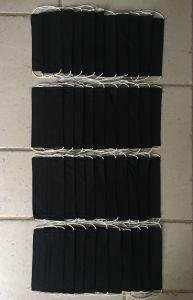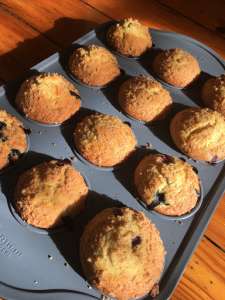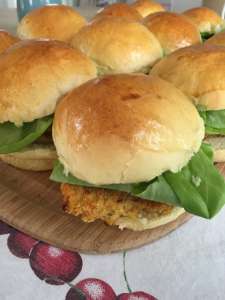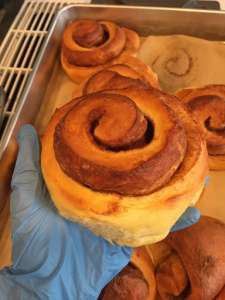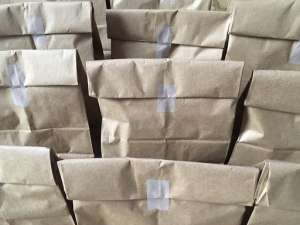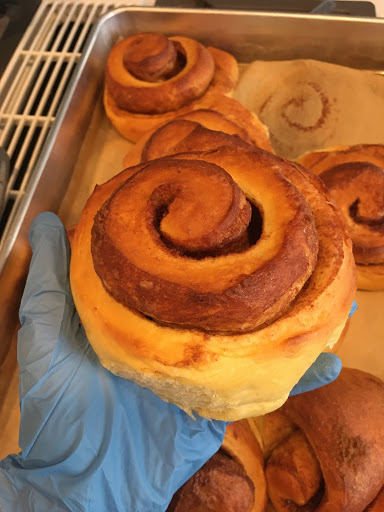Ella Foulkes ’22, fights food insecurity in her community.
Food insecurity in America has been a continual problem and in 2018, 1 in 9 Americans faced food insecurity, meaning over 37 million Americans struggled to maintain a healthy life due to inconsistent access to food. The COVID-19 pandemic has had devastating effects on this issue. In Massachusetts alone, the food insecurity rate has increased by 59% since 2018, the highest percent increase of any state.
Programs such as the Food Bank of Western Massachusetts work to combat hunger in the area through providing meals. The food bank gets food from donors as well as donations where $1 donated provides four meals. Over the break, I contributed to the program by volunteering with food sorting. We packed foods such as frozen meats, fresh produce and canned goods into boxes and bags ready for distribution to Western Massachusetts.
The pandemic has also posed an immense risk to both those with food insecurity and to those without homes. Many homeless shelters opened up in November with at-risk residents. Therefore, my second project for the break consisted of sewing 40 face masks for a donation to Craig’s Door, a homeless shelter in my community.
Lastly, to further combat hunger in my immediate community, I baked and distributed a total of 45 meals to hungry people in the Amherst-Northampton area.
These three experiences taught me how simple it is to help those immediately around you. The effort does not need to involve long-term commitments or something large scale. Just signing up for a shift at your local food bank or donating goods can make a real impact on those in your community.
I would also like to give a huge thank you to the Workman Fund for making this project possible!
Sources:
https://www.feedingamerica.org/sites/default/files/2020-10/Brief_Local%20Impact_10.2020_0.pdf
https://www.foodbankwma.org/wp-content/uploads/2020/06/Food-Bank-Fact-Sheet_2-sided.pdf
